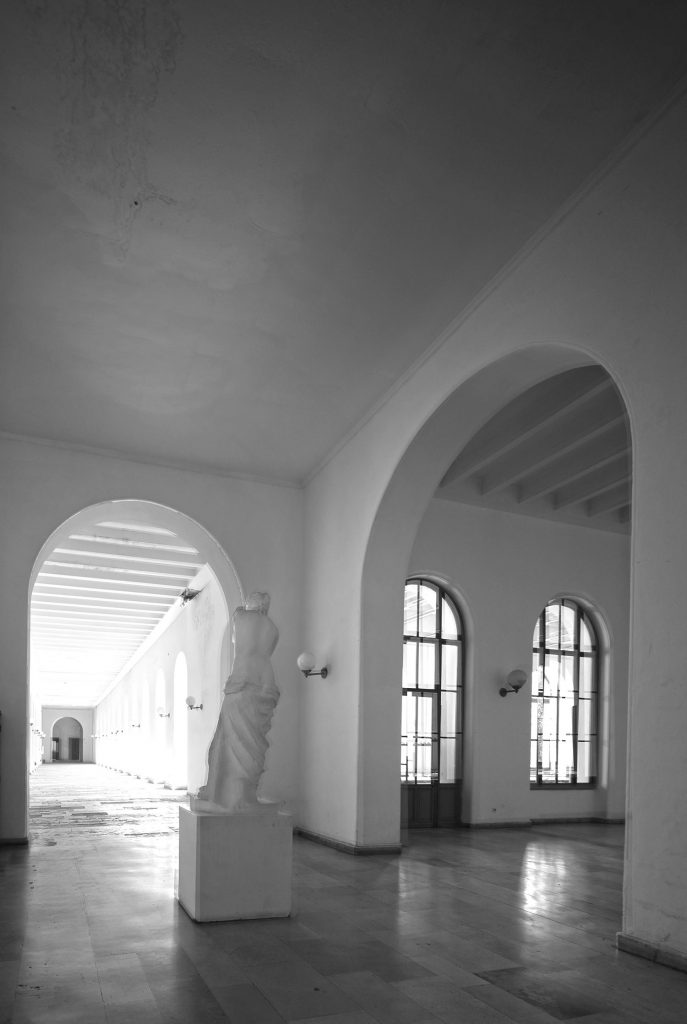 İTÜ ENVIRONMENT AND URBAN PLANNING PRACTICE AND RESEARCH CENTER
İTÜ ENVIRONMENT AND URBAN PLANNING PRACTICE AND RESEARCH CENTER
http://www.cevse.itu.edu.tr/
Being as one of the nine research centers that are connected to ITU Rectorate, Environment and Urban Planning Practice and Research Center consists of sub-units, labs and research groups, which are Urbanism, Environment, Architectural History and Restoration, Architectural Design, Physical Environmental Control, Landscape Planning and Design. While enfolding archive, maps and research library, GIS and Computation Design Lab, and providing a unique spot for academic research and seminar facilities; the Center also gives design implementation services.
İTÜ CENTER FOR HOUSING RESEARCH AND TRAINING CENTER (KAEM)
In association with TUBITAK Construction and Environment Technologies Research Group, ITU Center for Housing Research and Training Center (KAEM) has been established in 1998 initially the name of İTÜ TÜBİTAK/İÇTAG Housing Research Unit, and since November 2002 the Center pursues its activities in Taşkışla Campus. In relation with the aims research agenda of the Center, there exist various research groups that are focusing to the topics of urbanization; immigration and housing politics; planning and design of housing districts; housing, environment, ecology and infrastructure; housing technologies, cost and finance; housing for lower income groups; vernacular and regional housing and disaster housing.
REGIONAL SCIENCE TURKISH NATIONAL COMMITTEE
www.bbtmk.itu.edu.tr
Regional Science Turkish National Committee has been established in 1989 in collaboration with RSAI-Regional Science Association International and ERSA- European Regional Science Association in order to influence and promote the studies and advancements about regional sciences in Turkey. The Committee center is located in Taşkışla Campus and the National Committee functions on the mentioned fields such as; a) to promote, to encourage, to steer and to support the studies and advancements about regional science in Turkey, while facilitating scientific meetings and publications; b) to contribute to Regional Science Association and to represent Turkey within the international association; c) to contact and interact with the other individual and institutional members of the Association and to collaborate with them within scope of national aims and possibilities; d) to encourage studies and researches that focus on tools, methods and theoretical frames designed for regional analysis; e) to promote the importance of analytical techniques and methods in related fields of Regional Sciences.


